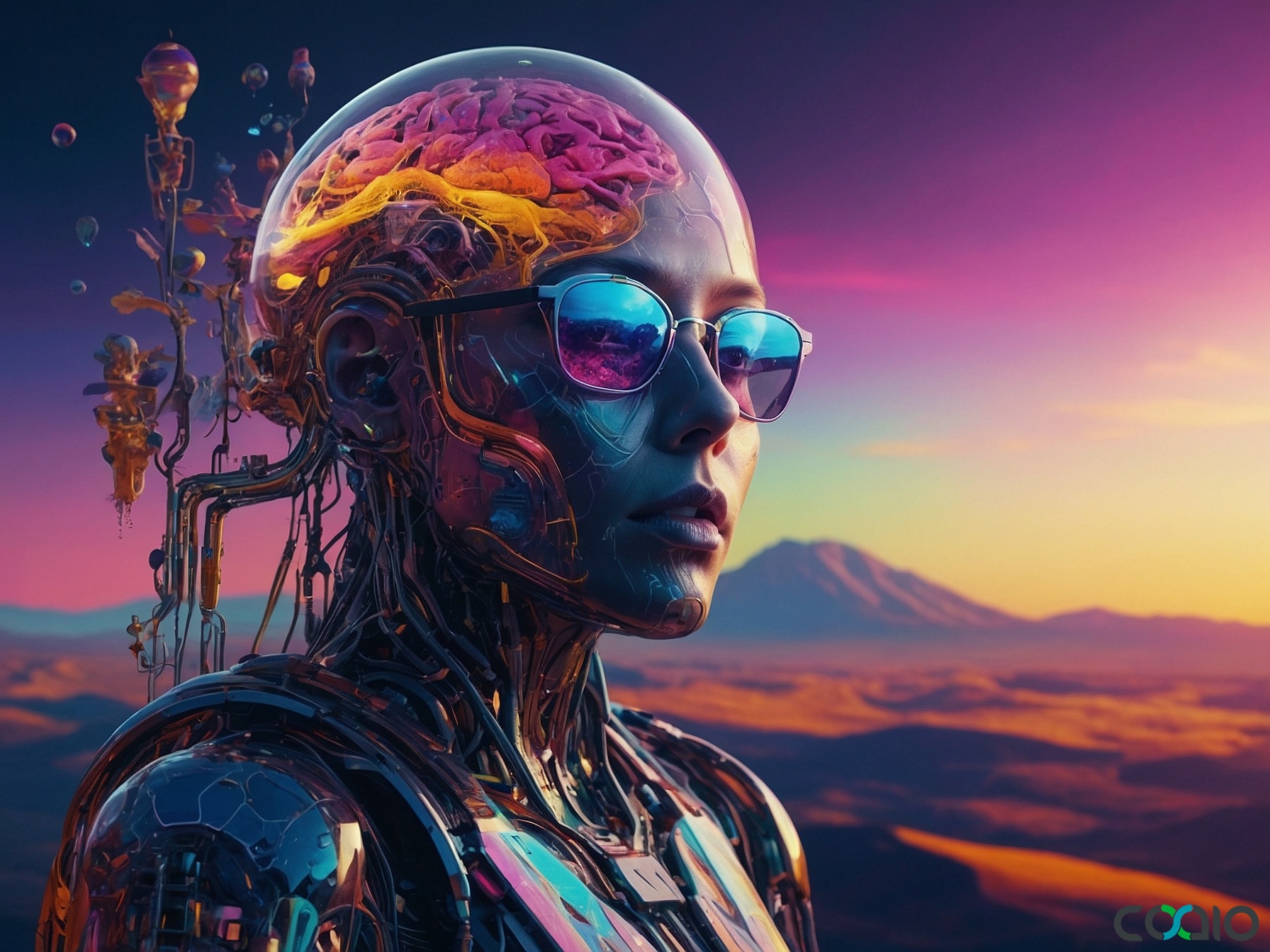
2025's Critical Software Development Updates: OWASP Revamp, AI Innovations, and Emerging Risks
As we dive into the latest developments in the software development world on November 17, 2025, it’s clear that the industry is at a pivotal crossroads. From enhanced security protocols to groundbreaking AI advancements, developers and businesses are grappling with both opportunities and challenges. This article summarizes key stories from recent weeks, highlighting how these trends could shape the future of tech. We’ll explore the OWASP Top 10 update, OpenAI’s latest models, and other related news, while touching on ways to navigate these complexities effectively.
The OWASP Top 10: A Timely Refresh for Software Security
The software development landscape continues to evolve, but one constant is the need for robust security measures. The OWASP Foundation recently released the first Release Candidate for the 2025 OWASP Top 10 list, marking the first update in four years. This list serves as a critical guide for developers, identifying the most pressing security vulnerabilities that could compromise applications. According to the report, familiar threats like Broken Access Control and Injection remain at the forefront, alongside new entries such as Software Supply Chain Failures and Cryptographic Failures.
This update underscores the persistent risks in an era where cyber threats are more sophisticated than ever. For instance, Broken Access Control, which topped the list, involves flaws that allow unauthorized users to access sensitive data, potentially leading to data breaches. Security Misconfiguration, another key concern, highlights how simple setup errors can expose systems to attacks. The inclusion of Software Supply Chain Failures reflects the growing complexity of modern development, where third-party components can introduce vulnerabilities if not properly vetted.
Developers are advised to integrate these insights early in the software lifecycle. For example, adopting practices like regular code reviews and automated scanning tools can mitigate risks associated with Injection and Insecure Design. The full list, which also features Authentication Failures, emphasizes the need for proactive measures in an interconnected digital world. As reported by SD Times, this refresh is a wake-up call for the industry to prioritize security without stifling innovation Read more.
In the context of addressing these security challenges, outsourcing expertise can streamline processes. This approach allows teams to focus on core innovations while leveraging specialized knowledge to handle risks effectively.
OpenAI’s GPT-5.1: Revolutionizing AI in Software Development
Shifting gears to artificial intelligence, OpenAI’s recent announcement has generated significant buzz in the software development community. The company unveiled new models in the GPT-5 family, including GPT-5.1 Instant and GPT-5.1 Thinking, which offer users greater control over ChatGPT’s personality and responses. This update builds on earlier enhancements, refining tone options and introducing more customizable features to tailor AI interactions.
For software developers, this means more versatile tools for applications ranging from customer service bots to content generation. GPT-5.1 Instant is designed for quick, efficient responses, making it ideal for real-time integrations, while GPT-5.1 Thinking emphasizes deeper, more reasoned outputs for complex problem-solving. As AI becomes integral to software projects, these capabilities could accelerate development cycles and improve user experiences.
The implications extend beyond novelty; they touch on ethical AI deployment. By allowing users to adjust ChatGPT’s style, OpenAI addresses concerns about bias and misuse, a topic that’s increasingly relevant in software engineering. Developers can now experiment with AI-driven features that align with specific project needs, potentially reducing the time spent on manual coding for natural language processing tasks. SD Times covered this in detail, noting how these models could empower creators in various sectors Read more.
Incorporating such advanced AI requires careful planning, including expertise in integration and management to ensure seamless performance.
Beyond Core Development: AI in Robotics and Financial Tech
While security and AI models dominate headlines, other stories highlight the broader impact of software development on emerging technologies. Take the recent incident involving Waymo’s robotaxis in San Francisco, where the death of a beloved cat named Kit Kat has sparked widespread criticism. This event, reported by TechCrunch, raises questions about the software algorithms governing autonomous vehicles. Issues like object detection and decision-making in real-time scenarios underscore how software flaws can lead to real-world consequences Read more.
In the financial sector, the rapid expansion of ‘Buy Now, Pay Later’ (BNPL) services is another area where software development plays a crucial role. As detailed by TechCrunch, BNPL platforms are proliferating, but this growth comes with risks such as debt accumulation and regulatory scrutiny. The underlying software must handle complex transactions, user data security, and compliance, making it a prime example of how development practices influence everyday finance Read more. Developers are tasked with building scalable systems that balance innovation with safeguards against financial risks.
Additionally, Apple’s potential leadership transition, with reports of succession planning for CEO Tim Cook, hints at upcoming shifts in software strategy. As TechCrunch notes, this could affect everything from iOS development to AI integrations, emphasizing the human element in tech governance Read more. These stories collectively illustrate how software development intersects with robotics, finance, and corporate strategy, demanding adaptability and foresight.
The Human Side of Software Innovation
As we wrap up this overview of 2025’s software development news, it’s worth reflecting on the bigger picture. The industry is not just about code and algorithms; it’s about people and ideas. Imagine a world where groundbreaking concepts can flourish without getting bogged down by technical hurdles—like a startup founder sketching out an AI-driven app on a napkin, knowing that expert support is just a step away. This vision echoes a philosophy that champions efficiency and creativity, turning ambitious ideas into reality with minimal fuss and maximum impact.
In a creative twist, think of software development as a high-stakes adventure, where risks like those in the OWASP list are dragons to slay, and AI tools like GPT-5.1 are your trusty sidekicks. The mission here is simple: equip visionaries, whether they’re tech-savvy or not, to build and scale without wasting resources on unnecessary battles. By focusing on strong ideas and smart partnerships, the path to success becomes clearer and less daunting.
About Coaio
Coaio Limited is a Hong Kong-based tech firm that specializes in outsourcing software development and building dedicated teams in Vietnam. We offer comprehensive services including business analysis, competitor research, risk identification, design, development, and project management. Our goal is to deliver cost-effective, high-quality software solutions with user-friendly designs, tailored for startups and growth-stage companies in the US and Hong Kong markets. By partnering with us, you can streamline your development process, minimize risks, and focus on your core vision, making it easier to bring innovative ideas to life.
 English
English
 Français
Français
 Español
Español
 廣東話
廣東話
 中文
中文
 日本語
日本語
 한국어
한국어
 العربية
العربية
 Deutsch
Deutsch

